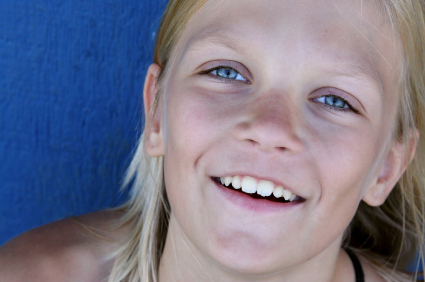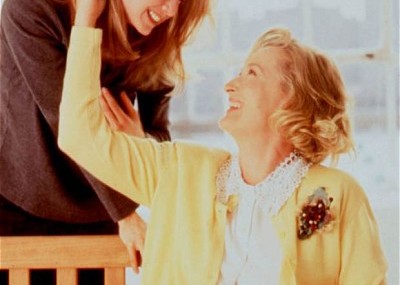They made a 12-hour drive to meet with us. A man named, Dimitri, and his friend came all that way for prayer. Dimitri seemed particularly tired and weak, but not just from the trip. He was dying of AIDS.
Back in the mid-1990s, my friend Jenny and I had a prayer ministry. We didn’t exactly set up shop. It started like spontaneous combustion. Evidently, it was God’s idea.
We met with a different person each week, praying for discernment and wisdom. Broken, hopeless, and weary people found us through word of mouth alone. We took no money for our time. It was a lay ministry under the covering of two pastors. Neither of us had seminary training or counseling degrees. I served mainly as the note taker. But Jenny was versed in spiritual gifts (as described in 1 Corinthians 12). She especially functioned in the gift of prophecy.
That day, we pulled our chairs close, held hands, and prayed. A period of waiting and listening followed. Dimitri had not yet told us his story. God revealed to Jenny, through individual words or phrases, strong themes that dominated Dimitri’s life. Some of the words were obvious like “abandonment” and “wound,” but other terms were mysterious like “sepulcher” or “malinger.”Continue reading









